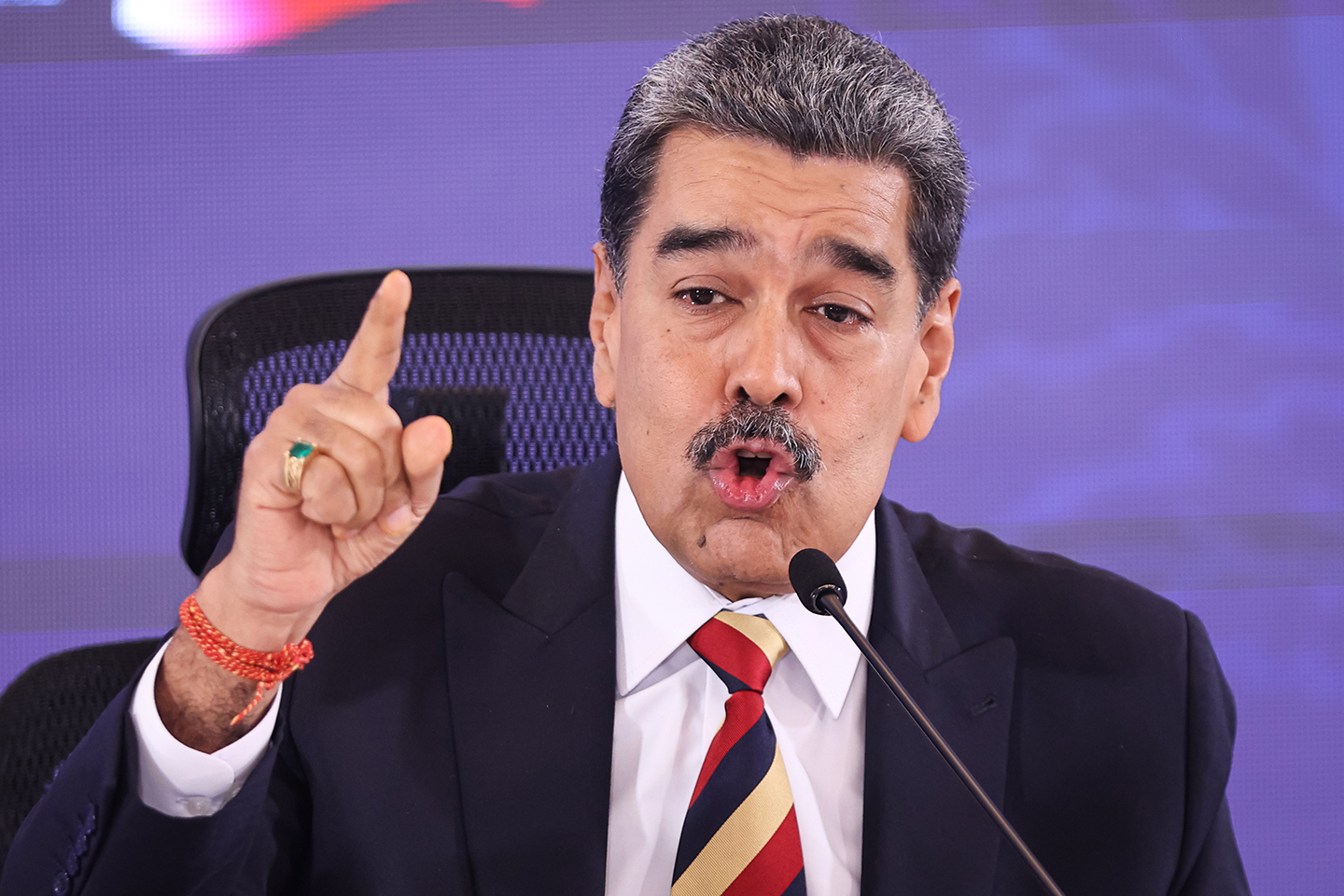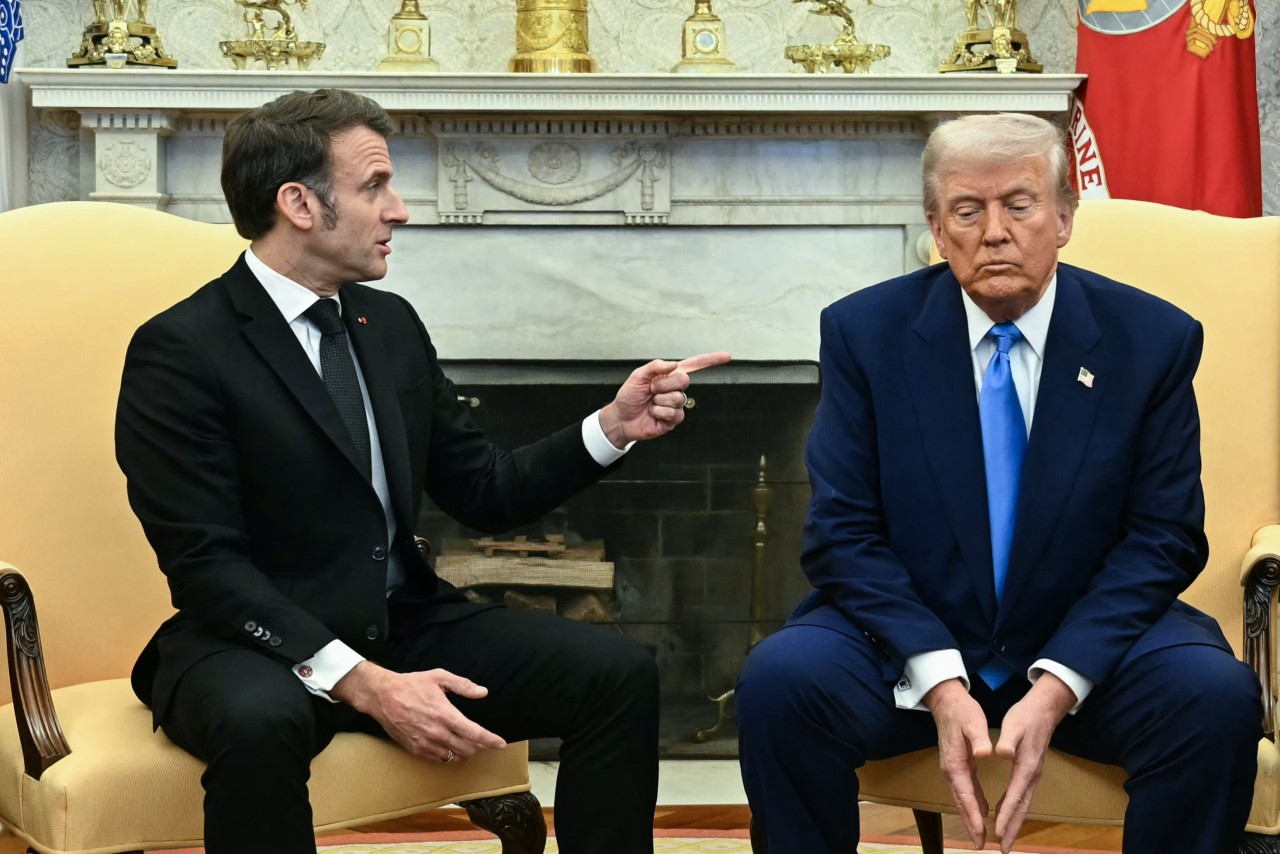A U.S. guided missile destroyer has docked in Port-of-Spain, Trinidad and Tobago, as the Trump administration intensifies military pressure on Venezuela. The arrival of the USS Gravely on March 15, 2024, coincides with the movement of the aircraft carrier USS Gerald R. Ford closer to Venezuelan waters. This deployment is part of a broader strategy to confront the Venezuelan government led by President Nicolás Maduro, who has condemned these actions as a provocation.
The USS Gravely is set to remain in Trinidad until March 18, allowing for combined training exercises between U.S. and Trinidadian forces. A senior military official from Trinidad and Tobago indicated that the docking was scheduled only recently, speaking on the condition of anonymity due to restrictions on public commentary. The U.S. Embassy’s Chargé d’Affaires, Jenifer Neidhart de Ortiz, stated that the exercises aim to address mutual concerns such as transnational crime and to enhance regional security through humanitarian missions.
Regional Reactions and Concerns
Maduro criticized the military presence, labeling it an attempt by the U.S. to create what he described as “a new eternal war” against Venezuela. The Venezuelan government has condemned the conduct of military exercises in neighboring waters as a “serious threat” to the Caribbean region and a “hostile provocation” toward the South American nation.
The docking of the USS Gravely has stirred mixed reactions in Trinidad and Tobago. Prime Minister Kamla Persad-Bissessar has openly supported the U.S. military presence, highlighting the importance of combating drug trafficking in the region. However, there has been significant local opposition, exemplified by a demonstration outside the U.S. Embassy. David Abdulah, leader of the Movement for Social Justice, criticized the arrival of the warship, stating, “This is a warship in Trinidad, which will be anchored here for several days just miles off Venezuela when there’s a threat of war. That’s an abomination.”
Local authorities had previously issued a warning to American citizens to avoid U.S. government facilities in Trinidad and Tobago due to an unspecified threat. This advisory was released just one week prior to the USS Gravely’s arrival, underscoring the heightened tensions in the area.
Regional Diplomatic Landscape
The situation has drawn attention from the regional trade bloc Caricom, which advocates for dialogue among Caribbean nations. While Trinidad and Tobago is a member, Persad-Bissessar has noted that the region cannot be considered a zone of peace, citing ongoing violence and crime rates.
The ongoing military maneuvers reflect the complex geopolitical landscape of the Caribbean, where U.S. actions are closely scrutinized. The presence of the USS Gravely raises important questions about the future of diplomatic relations in the region, particularly in light of the U.S. administration’s stance toward Maduro’s government.
As the situation develops, the implications of these military exercises may extend beyond immediate regional security concerns, influencing broader international relations and the stability of the Caribbean.







